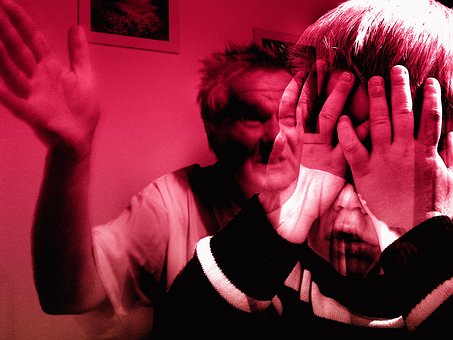
Rise of Fee-Share Law Firms
October 27, 2022
Talent and Tech: How the Big Four Are Shaking Up Big Law
October 29, 2022Article written by Laetitia Ponde Nkot
This month, the Ministry of Justice (MoJ) announced changes to the legal aid system. These modifications will enable victims of domestic violence to gain free legal advice through new domestic violence protection notices, and domestic violence protection orders, under the Domestic Violence Act 2021 (DAA 2021).
Thousands of victims of domestic violence will then be able to access free legal advice and representation.
What is legal aid?
If a person needs to sue someone or get a court order, but cannot afford a lawyer, they can apply for legal aid. The government provides money to help pay for the case. The money comes from the Community Legal Services Fund (CLS) and is administered by the Legal Aid Agency.
Is everyone entitled to legal aid?
No. The applicant must prove that he does not have the means to pay and that he has a chance of winning his case to be eligible.
If a person works, owns a home, and has savings, he may still be eligible for legal aid, but he may have to pay a portion of the costs of taking the case to court.
However, even if someone is financially eligible and can demonstrate that their case has a good chance of success, the Legal Aid Agency can still refuse to award public funding in cases where:
- There are alternative forms of funding available to you
- There is a complaint system that you should try before becoming involved in a court action
- Your case has or is likely to be referred to the Small Claims track. See Small Claims
- The Commission considers it unreasonable to fund representation for you
Automatic free legal aid for victims of domestic violence
On the report of the Department of Justice, police will have the right to issue victims of domestic violence protection notices following an occurrence. Protection orders will be delivered by the court to enforce longer-term safeguards, comprising ordering the perpetrator to participate in behaviour change programmes or wear an electronic tag.
Once a victim is protected by either of these notices or orders, they will be able to access free expert legal advice and representation in court.
Justice Minister Lord Bellamy KC said: ‘Legal advice should always be available to those who need it, especially victims of domestic violence who often rely on lawyers to ensure they are protected against the abusers.
By authorising victims to acquire legal aid, more people will be able to start the prosecution process safely.
Another remodelling will help victims of domestic violence by allowing doctors to submit letters of evidence for legal aid applications following video or phone consultations.
Other alterations to Legal Aid:
- ensure that special guardians, family members or friends who assume parental responsibility for a child are eligible for legal aid in private legal proceedings determining parental control over a child
- standardise the resource and merit requirements for biological parents involved in a placement and adoption order process where a local authority is authorised to place a child for adoption
- ensure victims of domestic violence applying for indefinite leave to stay in the UK, under immigration rules, are eligible for legal aid
Supporting Legal Housing Aid
The Department of Justice has also proclaimed additional funding of £10m for Legal Housing Aid. Reforms to the former Housing Possession Court Duty Scheme signify that more people will be able to reach legal advice when they are at risk of eviction or repossession. They will receive free housing legal advice before they appear in court, and will continue to be in receipt of advice and representation on the day of their hearing.
People with a notice of repossession can also secure early legal advice on debt and social benefits issues, to aid them to settle any extensive matters they may be encountering.
Assisting people confronting homelessness as early as possible could avoid the need for legal proceedings.
These adjustments are part of over 2.2 billion investment in civil and criminal legal aid over three years.





